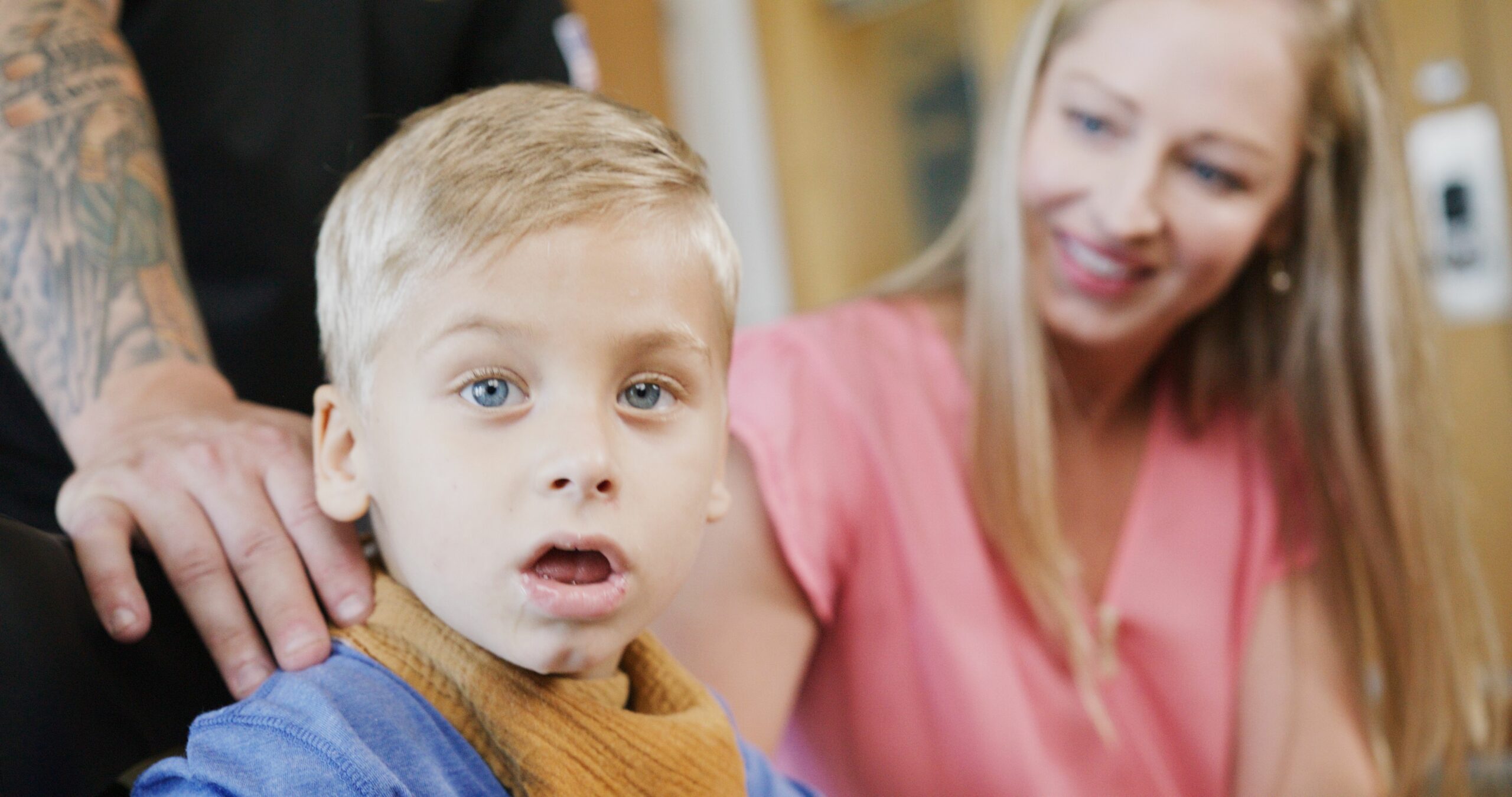
Isaac’s Impact
Children’s hospitals provide advanced care for the most complex conditions in environments specially designed for pediatric patients, allowing children like Isaac to thrive.
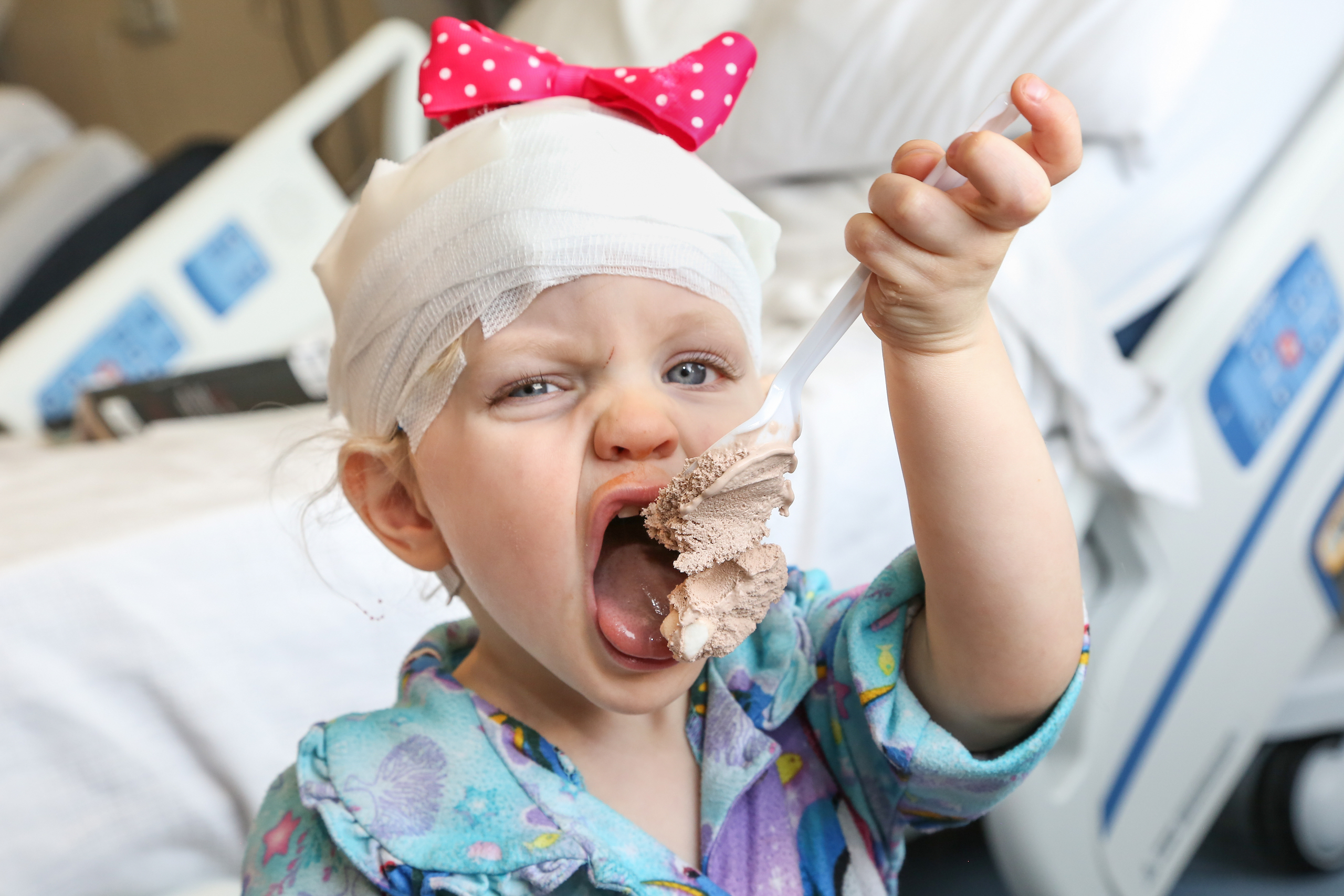
Every day, children’s hospitals help make moments possible. From providing access to the comprehensive care that children need to grow up to supporting children, teens, and their families with specialized treatment for some of the most complex illnesses. Discover more about the moments made possible by children’s hospital through patient stories from around the country.

Children’s hospitals provide advanced care for the most complex conditions in environments specially designed for pediatric patients, allowing children like Isaac to thrive.
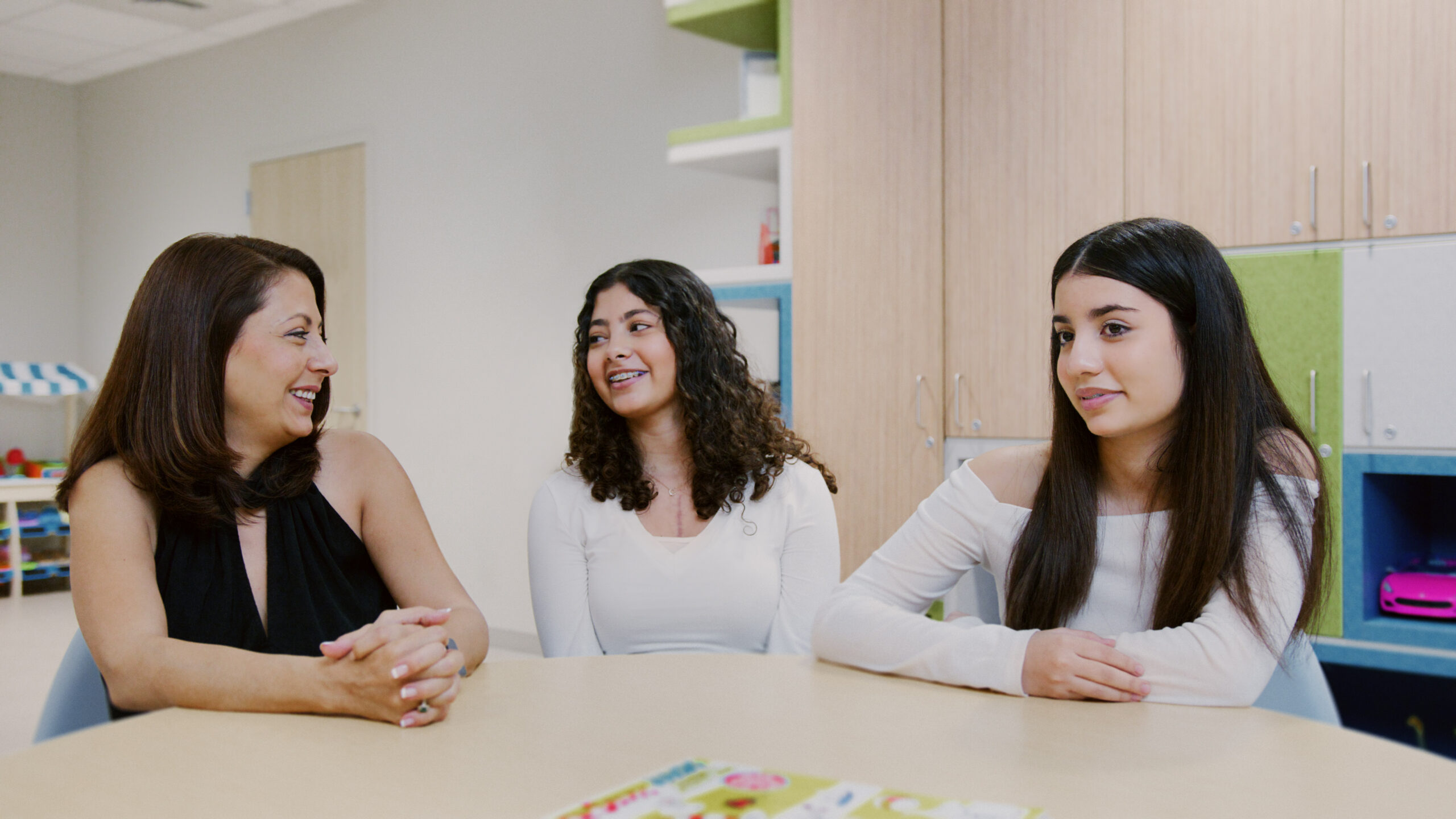
The specialized multidisciplinary teams at children’s hospitals ensure that children and teens – like Cami – can beat multiple complex conditions like cancer and heart failure.
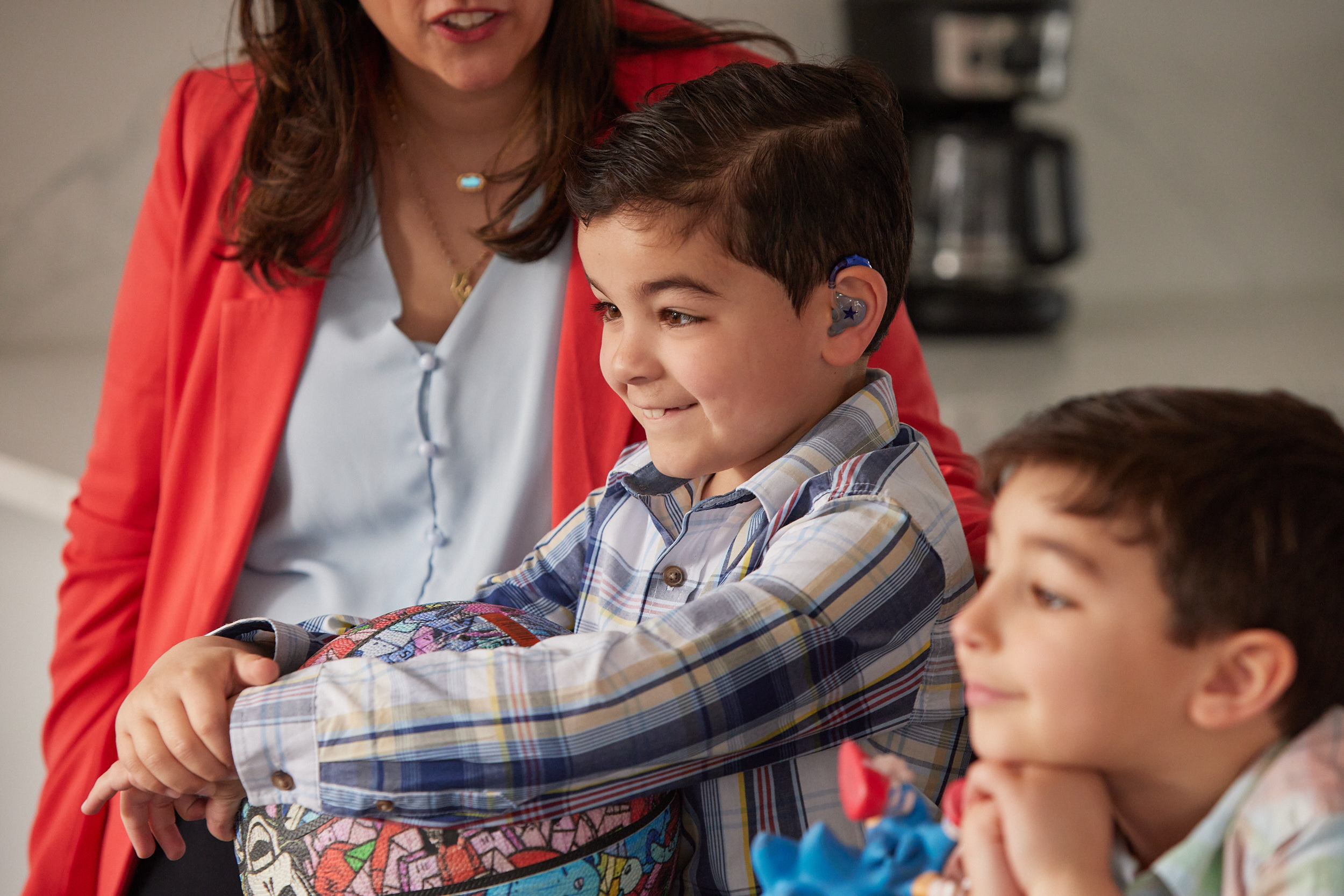
The advanced, specialized care that children’s hospitals provide make moments – like Joseph beating pediatric brain cancer – possible.
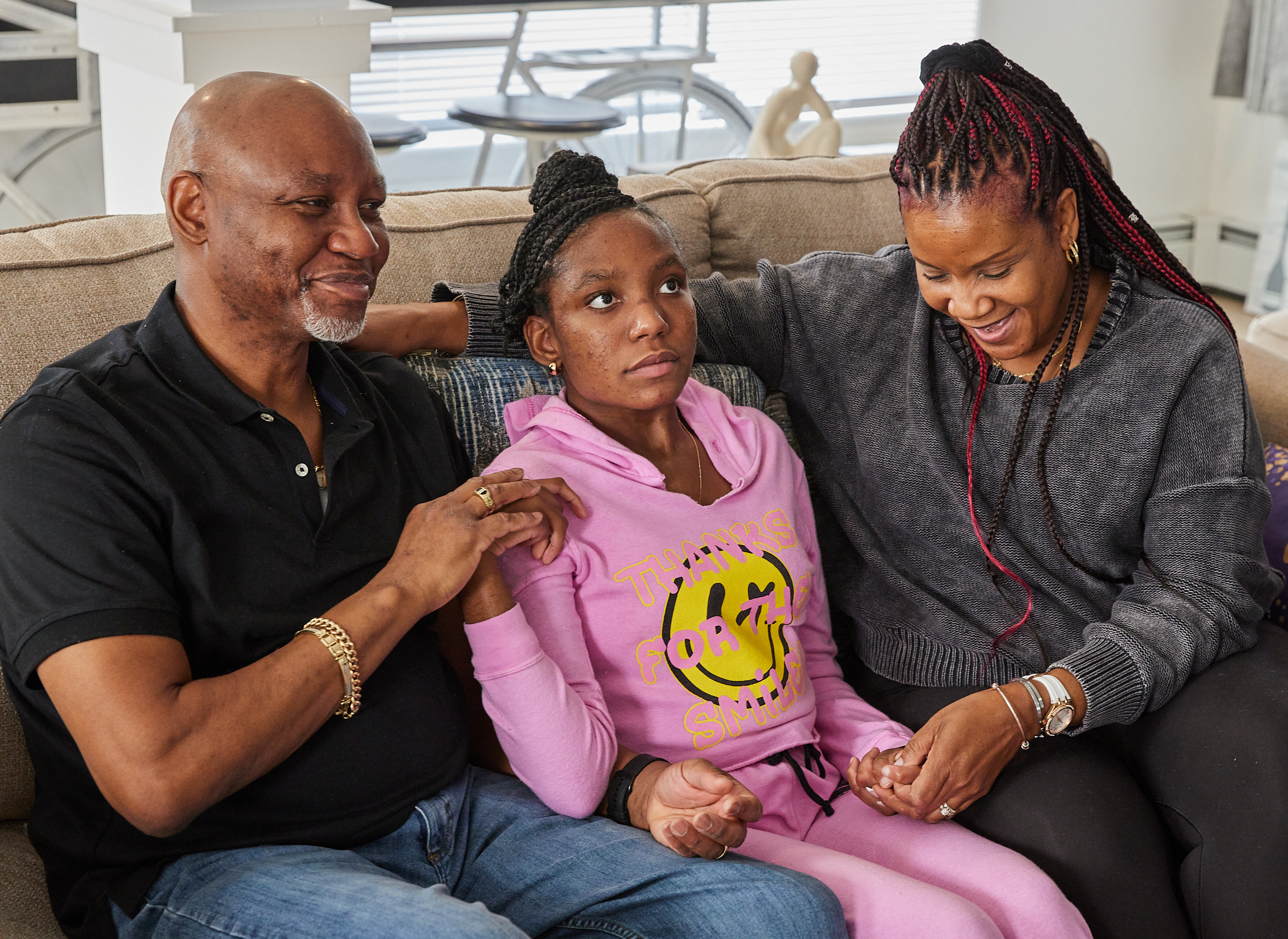
With care delivered by specially trained pediatric clinicians, in environments designed just for children, children’s hospitals help children and teens – like Daniella – navigate complex medical conditions.

On his second birthday, Preston was in a near-fatal ATV crash. After the accident, he was immediately airlifted to Driscoll Children’s Hospital, where doctors discovered he had a traumatic brain injury. Suffering from two bilateral skull fractures, Preston’s brain was swollen and he was paralyzed on the right side of his body. Thankfully, his care team intervened swiftly, providing an initial brain surgery and a second procedure to help him regain mobility. After these successful surgeries, Preston began rehab, undergoing two years of intensive physical, occupational, and speech therapy. Thanks to the team at Driscoll Children’s Hospital, Preston can now walk, run, and talk and goes to pre-school! To celebrate his remarkable recovery and thank the hospital for providing life-saving care, Preston’s family and friends donated toys to Driscoll Children’s Hospital. With their generosity, more pediatric patients like Preston can experience comfort and joy during their hospital stay.
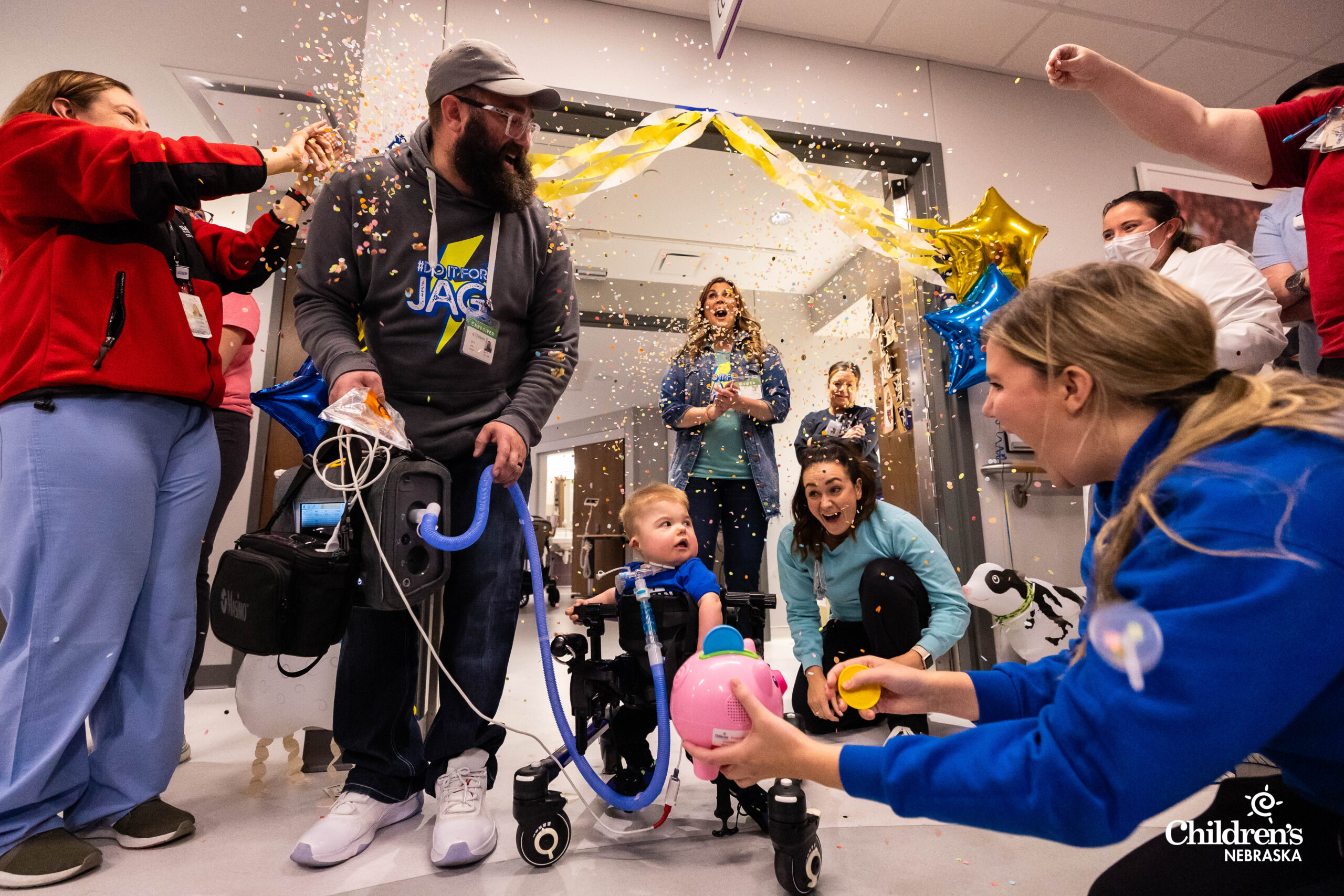
One-year-old Jagger spent the first 18 months of his life in the hospital as Children’s Nebraska’s longest-running Cardiac Care Unit (CCU) patient in recent memory. After his mother went into labor early in April 2022, Jagger’s congenital heart condition was discovered, and his family anticipated a 6–8-week hospital stay. Instead, they remained at Children’s for 548 days. A bi-ventricular repair with Children’s Cardiothoracic Surgery team in July 2023 was the turning point, correcting his heart’s structure and function with two working heart chambers to put Jagger on the path to going home. With the care of Children’s Rehabilitation Services team, Jagger skipped crawling and progressed to standing and taking steps prior to discharge in October 2023. On the family’s final day at Children’s, team members across multiple disciplines gathered for a final “CCU Later”-themed celebration, lining the halls and sending Jagger and his parents’ home in style. Jagger stole the show by walking out of the room – important steps for a little one venturing into a big world full of possibility.
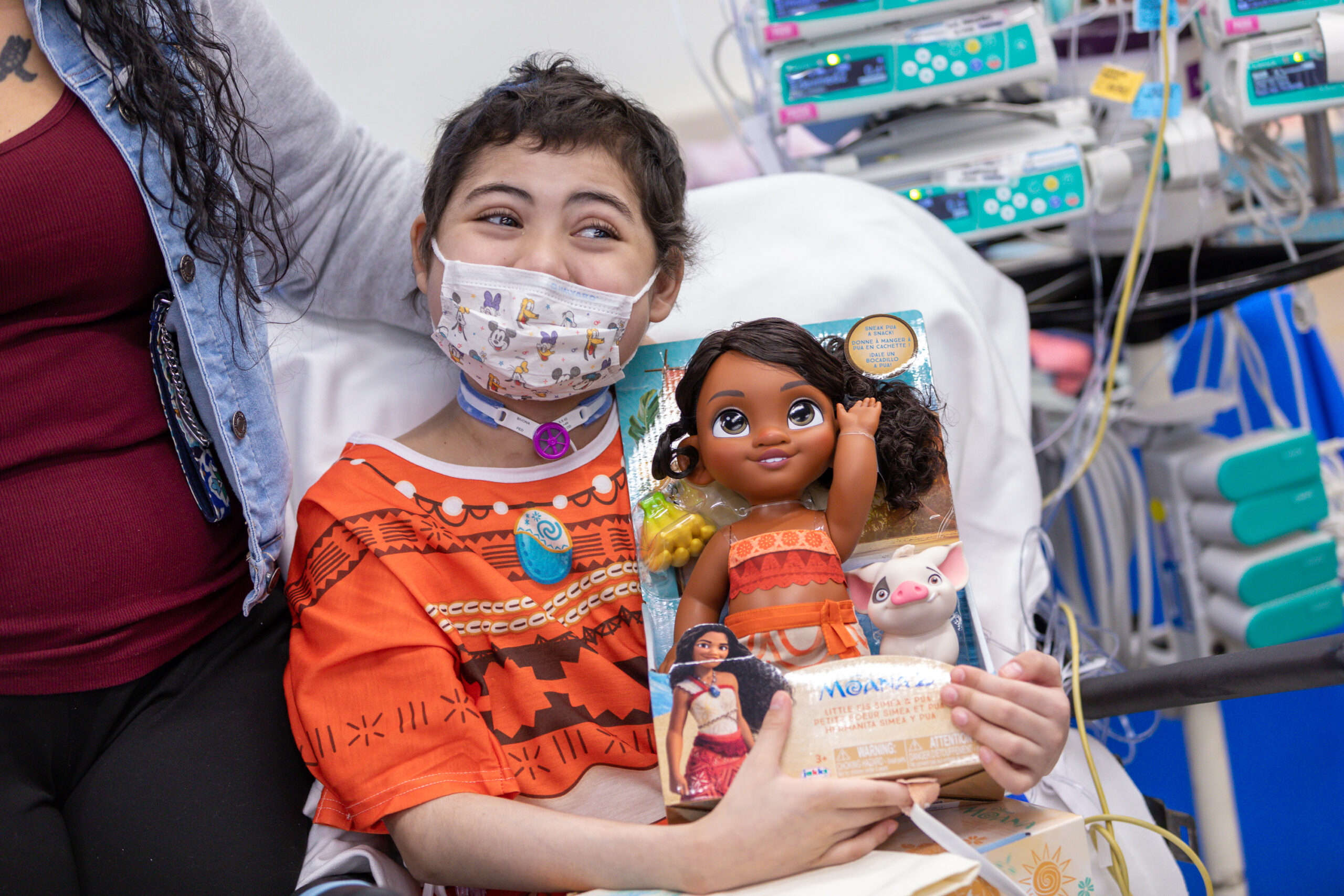
Kapi’olani Medical Center for Women & Children has been Rezen’s home away from home for more than a year. The 10-year-old was diagnosed with aplastic anemia, a rare and life-threatening blood disorder. Last year, she received a bone marrow transplant and spent months in the Pediatric Intensive Care Unit. Despite these challenges, moments of joy and comfort shine through her journey. When Rezen was nervous before a routine MRI, her child life specialists gave her a Disney Princess-themed Starlight Hospital Gown to add a little magic to her stay. The Walt Disney Company and the nonprofit Starlight Children’s Foundation bring Disney Princess-themed Starlight Hospital Gowns to pediatric hospitals across the nation, helping patients like Rezen feel more comfortable during treatments. Through this long-standing collaboration, Rezen has received numerous princess gowns, building up an impressive collection. In December, Rezen completed her princess collection, receiving a Moana-themed gown, and attended a special private showing of Moana 2, experiencing the movie’s adventure before its official release! Navigating a rare disease comes with immense obstacles, but collaborations like this bring light on difficult days. Disney-themed Starlight programs, along with her care team, help make Rezen and thousands of other pediatric patients feel the magic and inspiration every child deserves.
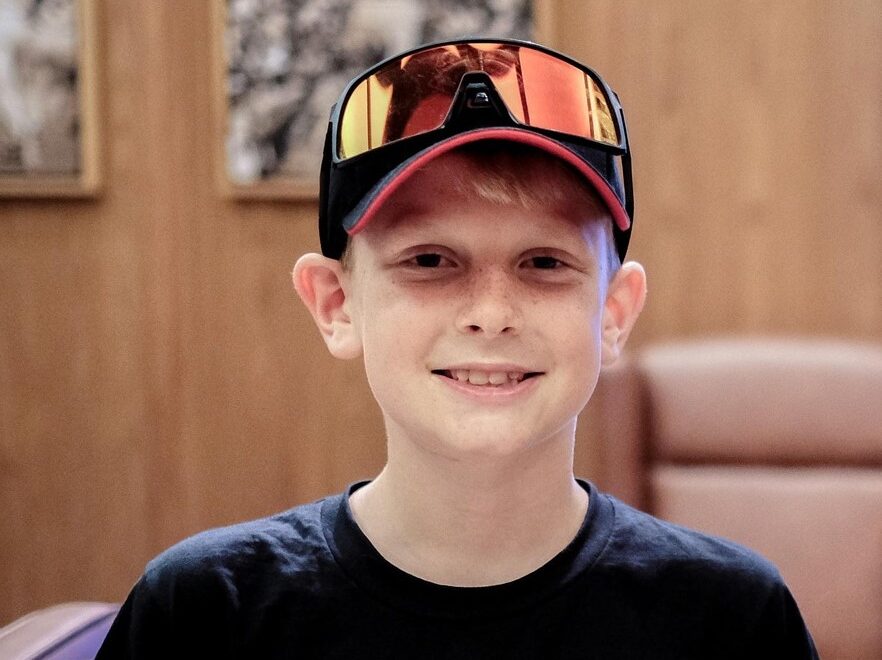
10-year-old Riley was enjoying the start of summer when his parents noticed a large lump under his chin. They brought him to Children’s Minnesota, where a few rounds of testing brought unexpected news: Riley had a rare form of Hodgkin’s lymphoma. Riley quickly began treatment involving three rounds of a 21-day cycle of chemotherapy and immunotherapy infusions. Throughout this challenging period, Riley maintained his cheerful demeanor and bonded with his nurses. Before his treatment was even over, Riley and his family got the news they had all been hoping for—his PET scan detected no signs of cancer! He completed his final infusions to remove any lingering undetectable cells and was declared cancer-free. Toward the end of treatment, Riley’s care team surprised him, nominating him for Correa Family Foundation’s ‘Hero of the Month’ at a Minnesota Twins baseball game. Riley met the team, got autographs from players, and enjoyed the game with his family right behind home plate. Over the next few years, Riley will continue to visit Children’s Minnesota for routine appointments to monitor his health, but by the end of that summer, Riley was healthy and ready to start the new school year alongside his peers.
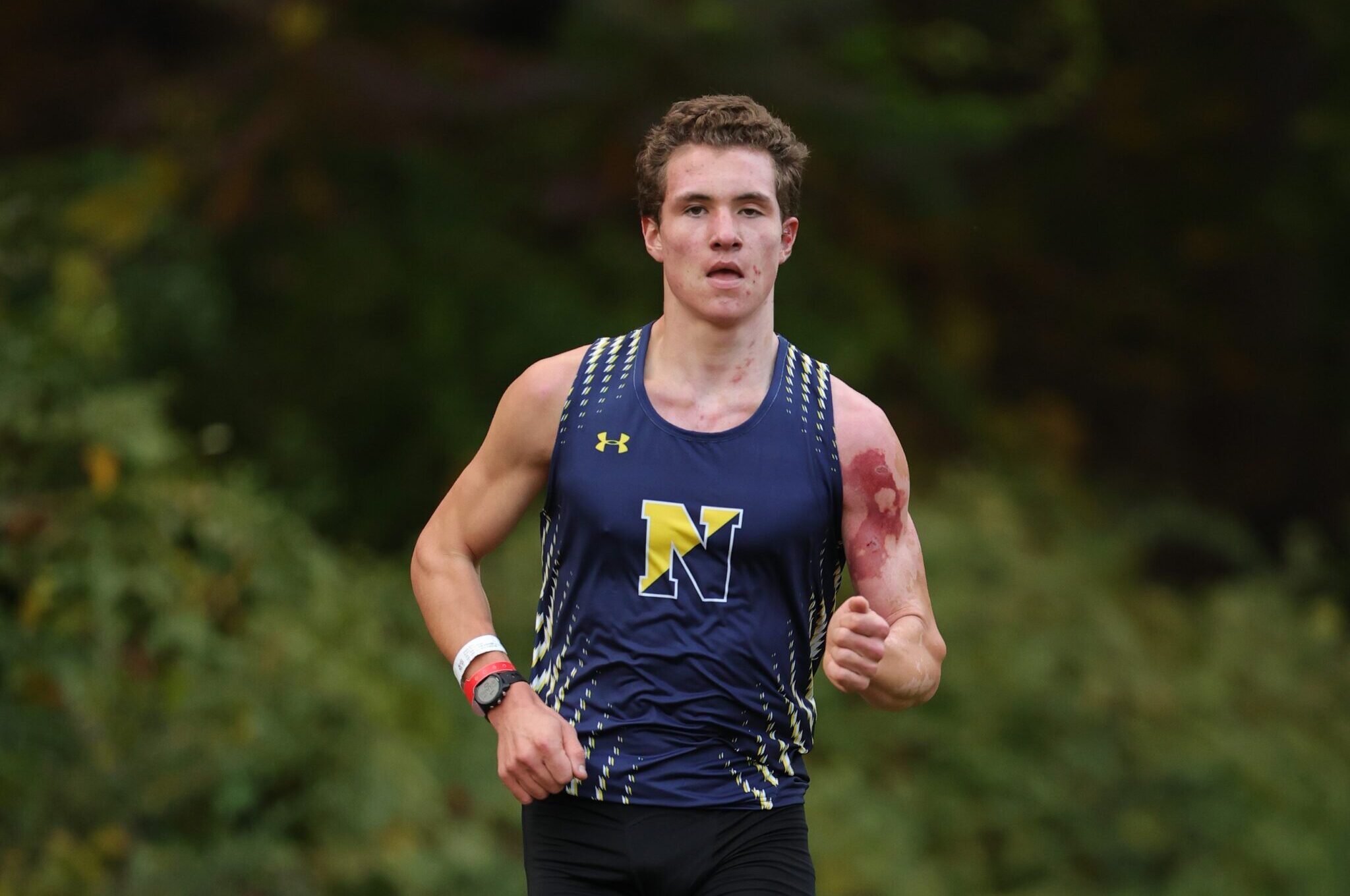
Davis’s cross-country season was just getting started when he was badly burned by a bonfire that accelerated unexpectedly. Arriving at Shriner Children’s Boston with burns covering 30% of his body, he met with a care team to map out the healing process. Davis began his treatment in the ICU, with frequent dressing changes and wound care, and a lot of rest. When he transitioned out of the ICU, Davis worked on regaining enough strength to walk laps around the inpatient unit and even up and down the stairs. As he prepared to go home, his nurses equipped him with the resources and at-home care he needed to do to continue healing. Thanks to the care Davis received, nearly three weeks after he was hospitalized, he ran half a mile. And after just one month, he competed in a cross-country meet! Over the next year, Davis returned to Shriners Children’s Boston for routine physical and occupational care. Now, 18, Davis is a college freshman competing on the school’s track team!
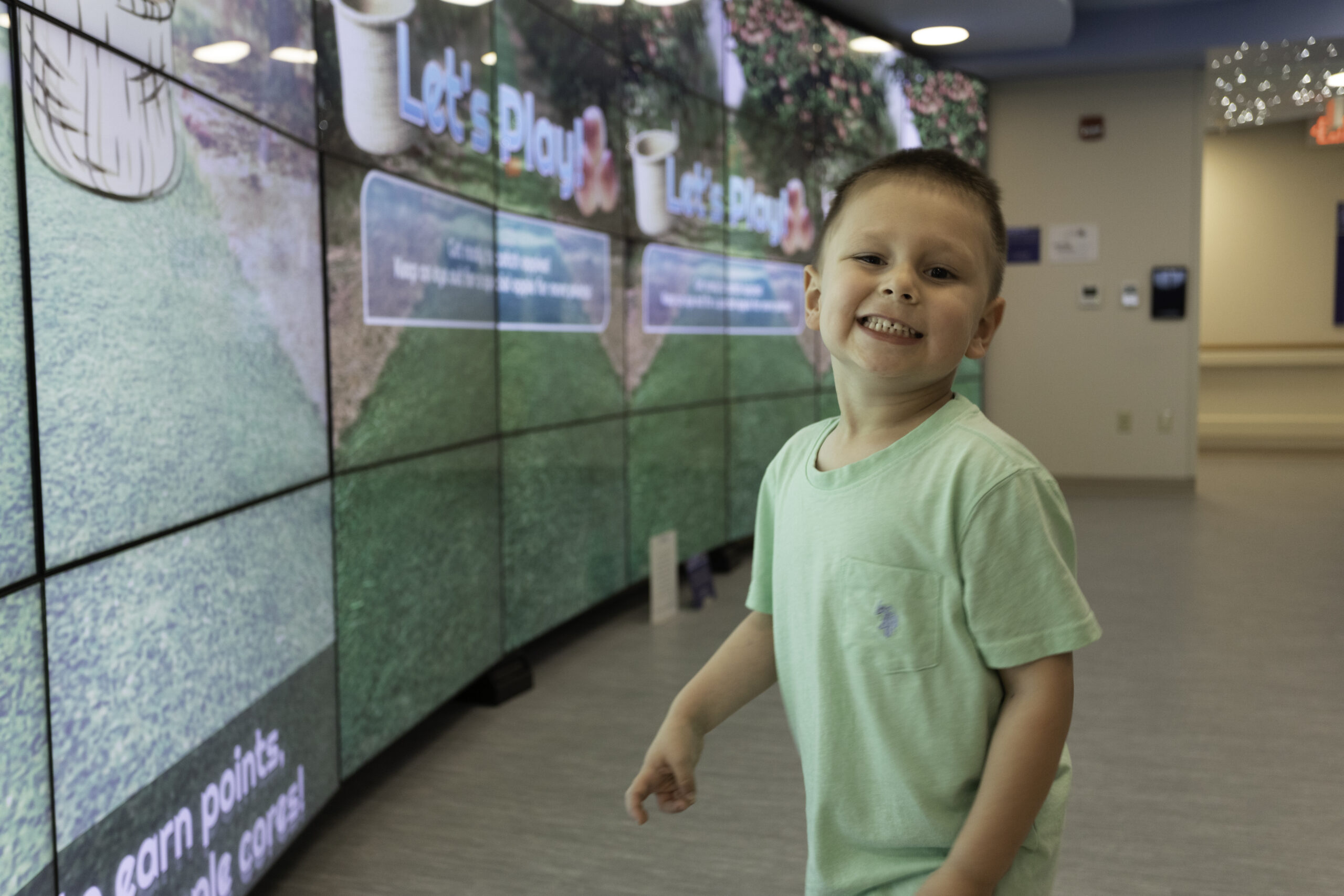
Cameron’s family was prepping for summer vacation when he suddenly had a stroke. After rushing to the ER, doctors realized that Cameron had lost all function in his left arm, leg, and part of his face and transferred him to the Comprehensive Stroke Center at HSHS St. Vincent Children’s Hospital. His care team immediately ran tests and discovered that a blood clot caused the stroke. Thankfully, the clot had already broken down, so Cameron did not need brain surgery. Still, Cameron had a long road to recovery after losing function in his left side. Cameron’s care team mapped out a plan of physical and occupational therapy to help him regain mobility. His team was always finding fun ways to work on his movements, making games involving swinging and crawling. Along with receiving care, his recovery was filled with fun games, entertainment, and Legos, ensuring four-year-old Cameron felt at home. Within a couple of weeks of therapy, Cameron began walking more and using his left arm. Thanks to their dedicated care and Cameron’s determination, he returned home after 20 days. Today, Cameron continues to attend physical therapy, growing stronger every day.
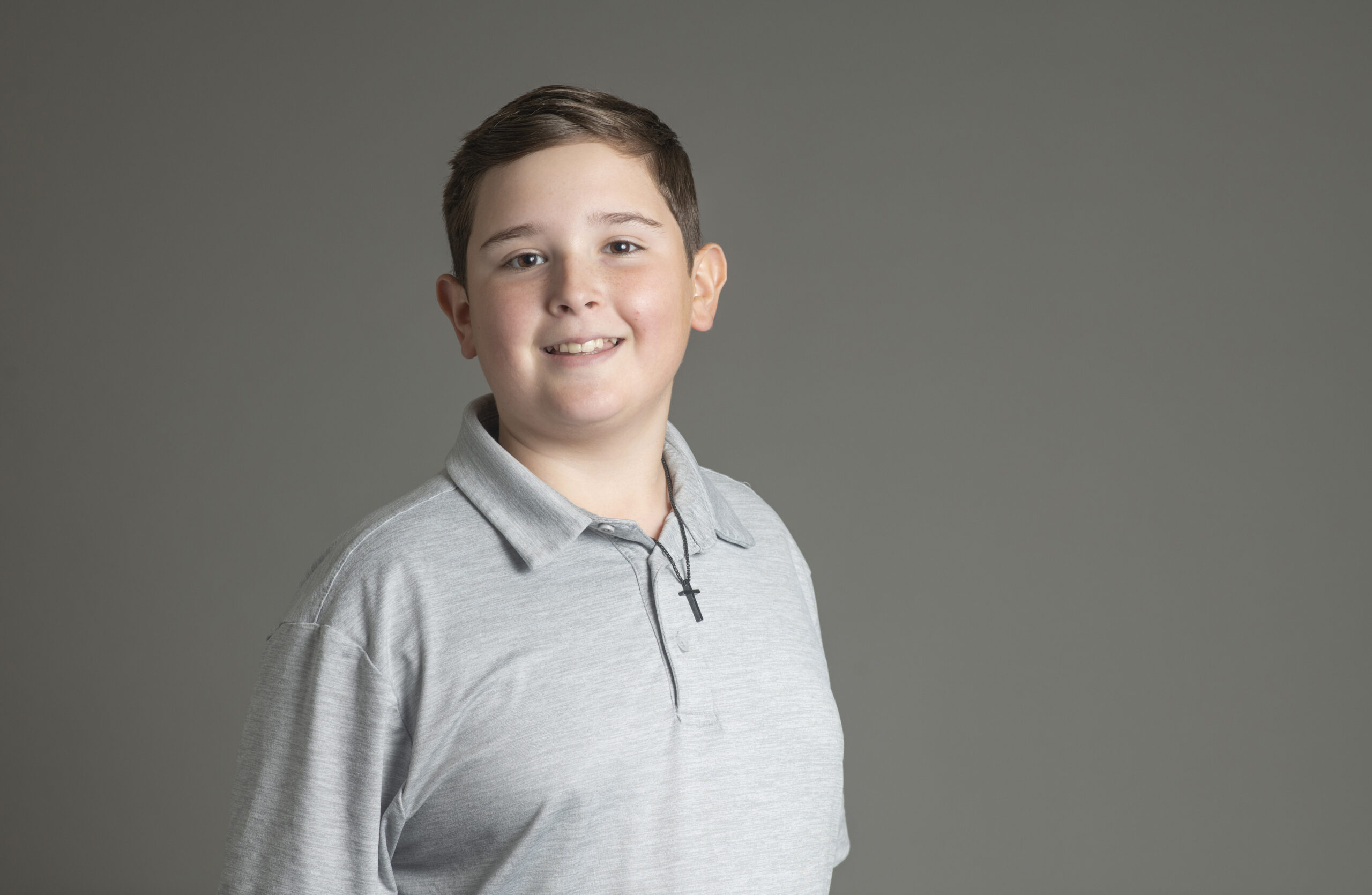
Stone was admitted to the Pediatric Intensive Care Unit (PICU) at Children’s Hospital at Erlanger after a ruptured aneurysm in his brain caused two strokes. As doctors monitored him, they discovered he suffered a third stroke from vasospasms—contractions that narrow blood vessels—in his brain. When Stone didn’t respond well to the standard treatment for vasospasms, his family felt hopeless, but his team at Erlanger didn’t back down. They found a small study supporting the use of cardiac medication to treat vasospasms. Soon after trying it, Stone’s vasospasms stopped, and he began his road to recovery! Due to the brain damage, he lost nearly every independent function and had to stay on a ventilator until he could wake up on command. After a few weeks, his younger sister told Stone it was time to wake up—and he did! He came off the ventilator, and his team helped him speak his first words and slowly regain movement. Since day one in the PICU, the hospital staff rallied around Stone and his family. Today, Stone continues to make remarkable progress at a rehabilitation facility. In fact, professionals from children’s hospitals across the region call Stone’s circumstances a medical anomaly with a one-in-a-billion chance of survival.